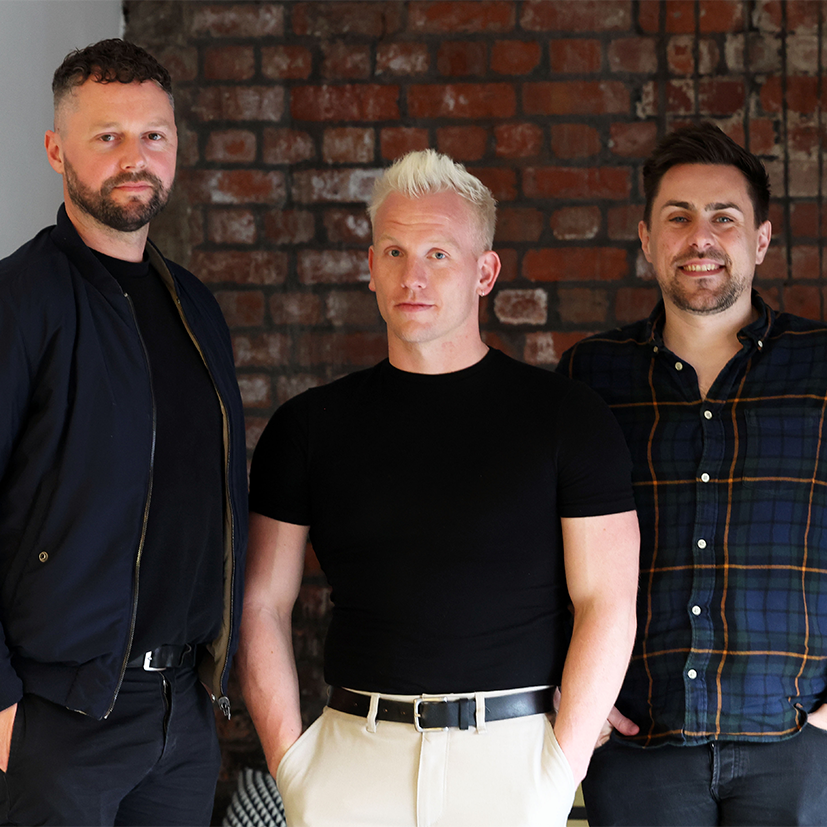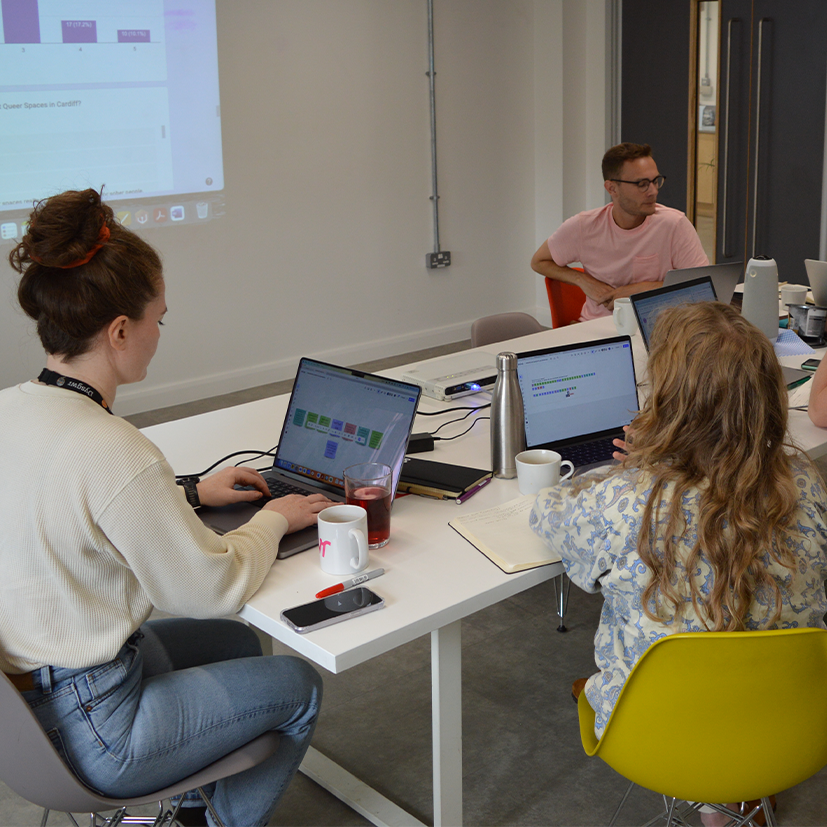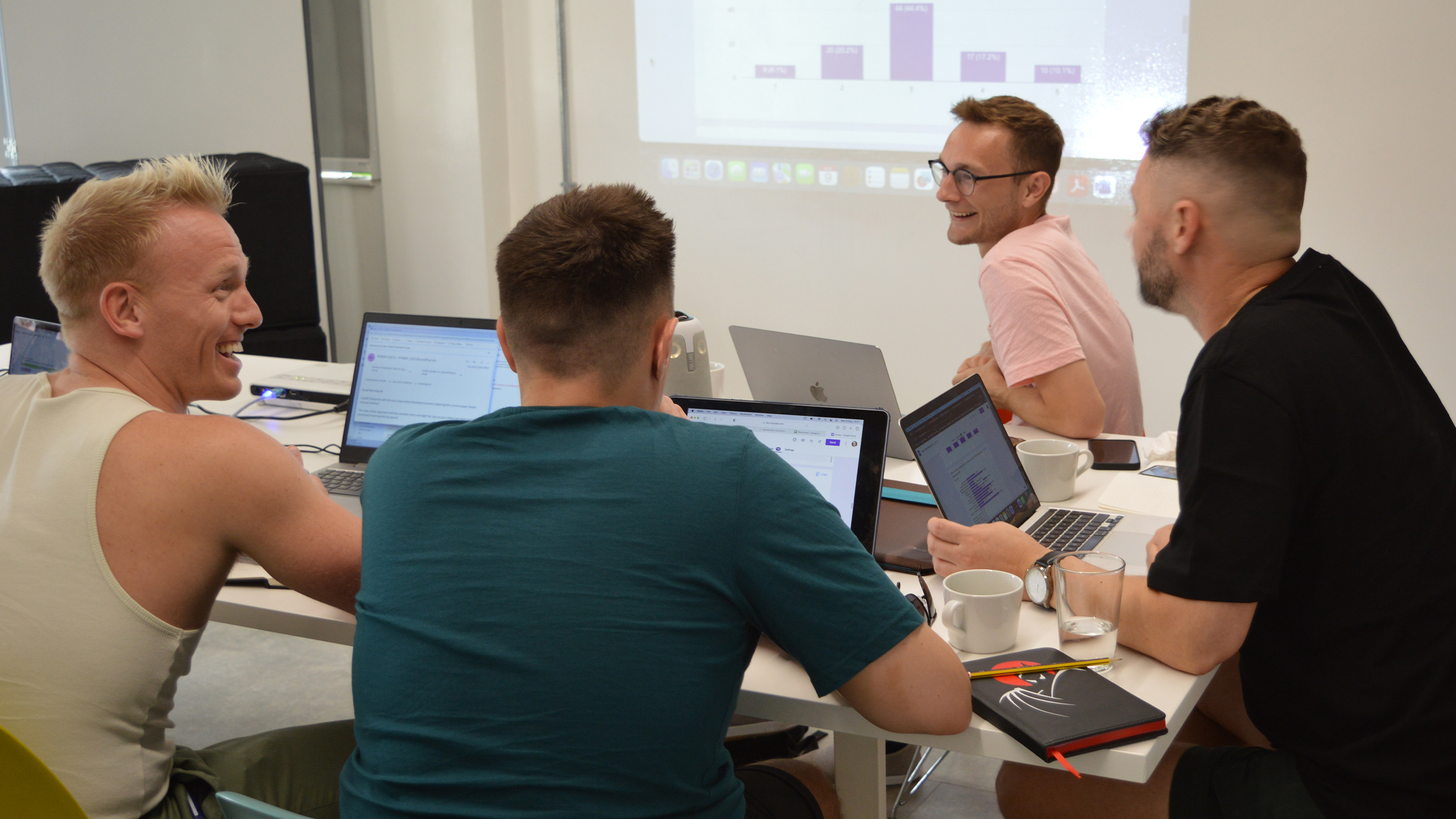Our work with Immersive Queer Placemaking
In this article, Siena DeBartolo, Designer-User Researcher on the Media Cymru project, discusses PDR’s role as part of the Media Cymru Seed Fund process and specifically her work supporting the Immersive Queer Placemaking project.
First off, can you tell us a little bit about the Media Cymru seed funding?
As part of the Media Cymru Seed Fund, we offer our design research expertise to participants with projects spanning across the creative industries. In three structured sessions over 3-5 months, we help participants define the challenge they want to tackle and scope the trajectory of their research. We use different user research tools and techniques, like research trackers, stakeholder mapping and insights download, to help projects organise their findings and uncover insights. We also take time and care, in helping projects communicate these research findings effectively by way of a feasibility report.
Each of our 18 Seed projects comes to us with very different interests, skills and prior experience with research, which is why this job is so exciting. Every session is different and we always tailor and allow for flexibility based on the participants’ needs as they arise.
Can you provide some more details about Immersive Queer Placemaking?
Immersive Queer Placemaking is a collaboration between Rick Yale, Mathew David, Shane Nickels and Tom Mumford, four Cardiff based creatives working in theatre, film, TV and audio. They explored Cardiff’s Queer entertainment offer; how it responds to the changing LGBTQIA+ landscape in Wales and enriches its Queer storytelling and community.
This was our project consisting of the biggest team, and sessions with them were dynamic and exciting with so much input and rich conversation. There was never a dull moment with this project, and they used a range of methods to do their research, from online surveys, in-person interviews, market research, service safaris, and user journey mapping. They are open to learning new methods and tools to get the most out of their research and that kind of mindset makes them a great project to support.

Was there anything that changed in their project having spoken to us?
I think the project enjoyed having us as accountability partners. The amount of research they conducted was ambitious, and so having check-ins with us at regular intervals throughout the process allowed for time to reflect and analyse the rich data they were collecting. We impacted the way the team works together and encouraged them by creating spaces for sharing the work they were doing in a manageable and digestible way. Having a large amount of research is great, but it’s what you do with that, and how you interpret and allow it to impact the direction - that’s what matters.
On top of collecting over 100 survey responses, and recording several in-person interviews, the group also went on service safaris, trips to see first-hand what other immersive experiences were out there, which included the Edinburgh Fringe Festival and the National Eisteddfod of Wales. They analysed how things are being done by others, locally and at a national level, and fed that into their findings and final feasibility report.
What have they got out of it?
Some of the feedback we received at the end of our delivery was that our sessions had changed the way Shane, Tom, Rick and Mat operated as a group and worked together as a team. This was a group that was familiar with R&D in a theatre/arts context, and it was interesting for them to approach the R&D for this project with our more user-centred design approach.
Also, as a group of storytellers, through their research they found that narrative was a key asset to the way they worked, and that applied to the idea itself (and identifying a gap/need for storytelling in immersive experiences). This element of narrative-building also became integral in communicating the story behind their idea, and their R&D journey, in the final feasibility report. Their aptitude for this storytelling won them another 50k of funding, and we are delighted to start work on the next phase of the project this month.
To read more about PDR’s work with Media Cymru, click here.


